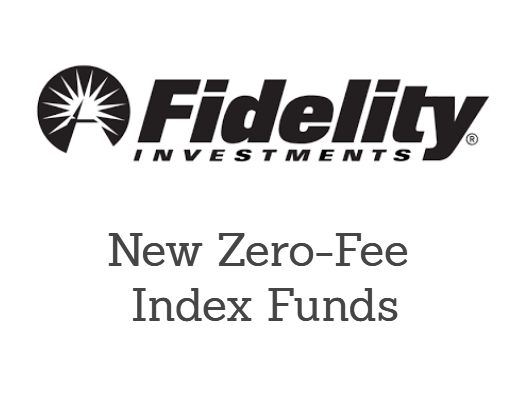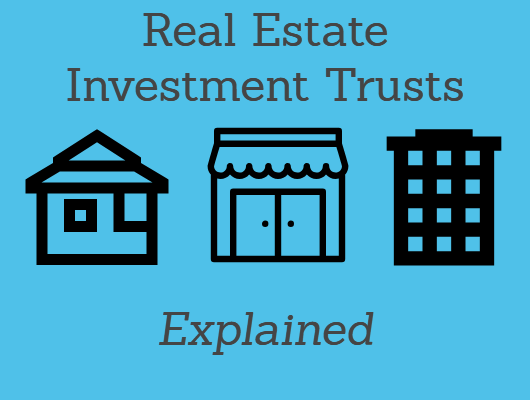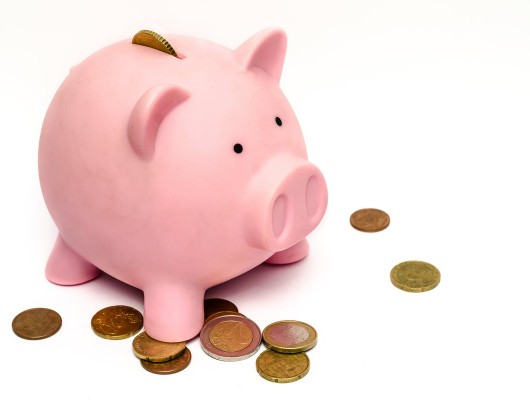Analysts had initially dismissed the Donald Trump presidential campaign. Despite him shooting to the top of the polls, most serious political observers thought his run was a joke or something not meant for the long haul.
![By Michael Vadon (Own work) [CC BY-SA 4.0 (http://creativecommons.org/licenses/by-sa/4.0)], via Wikimedia Commons Trump: Deal or No Deal For The Market?](https://i1.wp.com/upload.wikimedia.org/wikipedia/commons/thumb/0/09/Donald_Trump_Laconia_Rally%2C_Laconia%2C_NH_4_by_Michael_Vadon_July_16_2015_03.jpg/800px-Donald_Trump_Laconia_Rally%2C_Laconia%2C_NH_4_by_Michael_Vadon_July_16_2015_03.jpg?resize=640%2C426&ssl=1)
However, after three months near or at the top polls and making it through four presidential debates reasonably successfully, Trump is being reconsidered as a serious candidate that may have the chops to win the nomination. And polling thus far shows a near dead heat in the most likely Trump/Clinton match-up should Trump secure the nomination. It’s time to take him seriously.
Trump would certainly be a dose of something different if he makes it to the White House. After years of career politicians, Trump as a novice politician and career businessman could really shake things up.
So, as far as the economy and the stock market go, (note, those are in fact two separate though closely related things) how would Mr. Trump impact the scene?
On the positive side, Trump appears to be a softer version of Obamacare. While perhaps a good idea, the current policy went too far, causing insurance premiums to spike. Additionally, hospital stocks such as Tenet and HCA have been plunging this year as uninsured patients are flooding the system; it seems many people were priced out of insurance due to the rapid escalation in premiums post-Obamacare.
Trump’s controversial trade policies might be a net positive. They’d certainly help domestic manufacturers. If Trump can get legislative approval for the sorts of tough trade policies with key partners in China and Mexico that he wants, domestic manufacturers of cars, electronics, steel, and other such high labor intensity industries would benefit.
There is of course a flip side to that. By taking away the benefit of such trade lower consumer goods the anti-trade policies would cause inflation and effectively cause workers’ incomes to lose buying power.
Think about it this way, say a Mexican-manufactured new car costs $20,000. That same model, 100% US-made, costs $25,000. So every car costs consumers $5,000 more. However, if it brings 200,000 jobs back to the US from Mexico, there’s a large and clear benefit as well. The net result may be good or bad, regardless, it’d move the pendulum in several industries.
Additionally, Trump’s efforts to restrict illegal immigration would shield low-wage low-education US workers from foreign competition. This should lower the unemployment rate. On the flip side, it would starve American companies of cheap labor. Anybody remember Washington state’s apple farmers paying $17/hour for apple pickers after an immigration crack-down a couple years back? Needless to say, this would also drive inflation and hurt consumers’ pocketbooks.
Trump’s taxation policies would be looked upon favorably by the Keynesian economic camp. He wants a more progressive taxation system that would make life a bit more difficult for the rich but would help ease the country’s troubling fiscal deficit.
The flip side of that, of course, is that higher taxes could retard the country’s already lackluster growth rate.
On a larger scale, we have to consider the impact on investors’ sentiment from a Trump win. It’d be a massive swing in the political arena, signaling a distaste for traditional political parties and toward fiery outsiders.
Again, this could be a plus or minus. Since 2000, the US economy has struggled, featuring a traumatic financial crisis bookended by two flaccid economic recoveries that failed to raise average workers’ wages or net worths.
A break with the current poorly functioning two political parties could be the sort of outside stimulus to get the economy going again. Sometimes negative sentiment is a big overhang on the economy; it’s been theorized that the 2009-15 economic recovery has been so weak because people have lost faith in the longer-term upward trajectory of the American nation.
If that’s the case, having a president that repeatedly says “We’re making America great again” could be the sort of subliminal mental boost it needs to overcome the past decade of lethargy.
Or it could cut the other way. If Trump wins as a Republican but is rejected by the Republican elite that run the party, it could lead to political gridlock. In that case, Trump would effectively be governing as a political outsider with no support from either party.
The government would accomplish little to nothing for four years, and foreign investors would likely look at the US, led by an impotent government, and sell off the country’s stocks and bonds in a nervous panic.
All in all, there’s some reason to suspect Trump might be better for the stock market than Clinton. He’s certainly not actively talking down the market, like Clinton is with her attacks on the banking and pharmaceutical industries. Still, a Trump election would cause great uncertainty for the markets and bring about a big rush of volatility.


